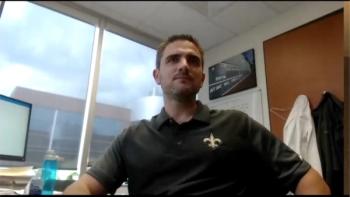
Chimeric antigen receptor (CAR) T-cell exhaustion likely stems from chemotherapy prior to transplant, noted Michael R. Green, PhD, University of Texas MD Anderson Cancer Center.

Chimeric antigen receptor (CAR) T-cell exhaustion likely stems from chemotherapy prior to transplant, noted Michael R. Green, PhD, University of Texas MD Anderson Cancer Center.
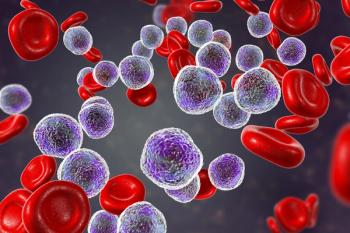
A small pilot study could point the way to a new option for patients with B-cell acute lymphoblastic leukemia (B-ALL) who experience cytokine release syndrome (CRS) that cannot be cured with the standard therapy.
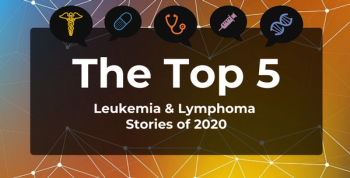
Readers favored news about ibrutinib, the first chimeric antigen receptor (CAR) T-cell therapy in mantle cell lymphoma, and the effect of the pandemic on patients with chronic lymphocytic leukemia.

The National Comprehensive Cancer Network (NCCN) recommended zanubrutinib, approved by the FDA for the treatment of adult patients with mantle cell lymphoma, as a first-line and second-line therapy for treatment of chronic lymphocytic leukemia/small lymphocytic lymphoma (CLL/SLL).

Both clinical and physician-based factors play a role in the risk of a patient with hematologic malignancies ending up in the ICU.

A new study may help clear up questions about the superiority of venetoclax with hypomethylating agents in patients who are deemed to be at high risk of treatment-related mortality.

A new study helps explain immunological factors that appear to have an impact on the success rate of mogamulizumab in patients with adult T-cell leukemia-lymphoma (ATL).

SEQUOIA arm D study results show better outcomes are possible for patients with 17p-deletion CLL, explained Ian Flinn, MD, PhD, director of lymphoma research at Sarah Cannon Research Institute.
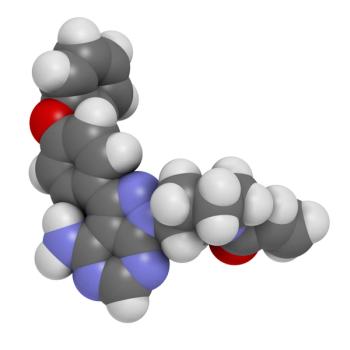
Patients who previously were treated with rituximab saw durable responses when given single-agent ibrutinib, and the drug’s safety profile in a new study matches earlier findings.

Investigating circulating tumor DNA is a top priority for patients with diffuse large B-cell lymphoma, noted Michael R. Green, PhD, Department of Lymphoma/Myeloma, Division of Cancer Medicine, University of Texas MD Anderson Cancer Center.

Most patients who are diagnosed with acute myeloid leukemia are in middle or old age. The relatively small number who are diagnosed earlier in life can be subject to long-term health risks due to their treatment.

A new report finds including rituximab in first-line therapy for diffuse large B-cell lymphoma (DLBCL) results in better overall outcomes that more than offset the higher initial cost of therapy.

The risk of leukemia is higher for people living near petroleum industry complexes, according to a new analysis of 13 studies of the issue.
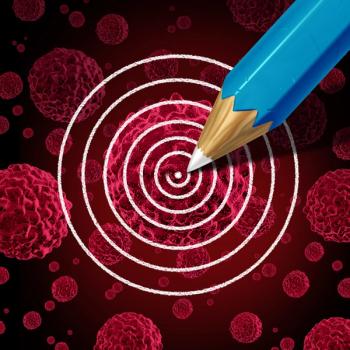
Chimeric antigen receptor (CAR) T cells can be highly effective, but the durability of the therapy has been lacking in many patients with hematological malignancies. Many efforts are underway to fix this problem.

In what is believed to be the first study of its kind, investigators found patients with leukemia face a higher risk of suicide than the general public, especially if they had acute myeloid leukemia.
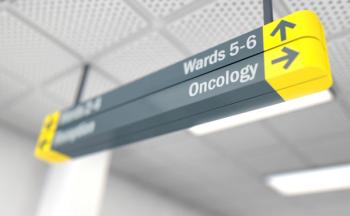
Many patients with acute lymphoblastic leukemia (ALL) who undergo chemotherapy end up back in the hospital within 30 days. A new study points out the reasons and opportunities for prevention.

Immune-associated neurotoxicity in patients following chimeric antigen receptor (CAR) T-cell therapy may be due to monocyte-like cells in infusion products, explained Michael R. Green, PhD, University of Texas MD Anderson Cancer Center.

Previous research has found a link between a prior malignancy and secondary primary malignancy risk in patients with multiple myeloma. A new study suggests a similar association in follicular lymphoma.

A 72-year-old patient with Burkitt lymphoma was successfully treated with nivolumab after standard-of-care chemotherapy failed.
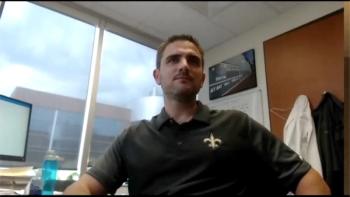
Chimeric antigen receptor (CAR) T-cell therapy does not always lead to a durable response, and we are trying to figure out why, noted Michael R. Green, PhD, University of Texas MD Anderson Cancer Center.

T-cell prolymphocytic leukemia is rare and shares many features with other conditions. A new review article helps explain some of the tactics physicians can use to correctly identify it.
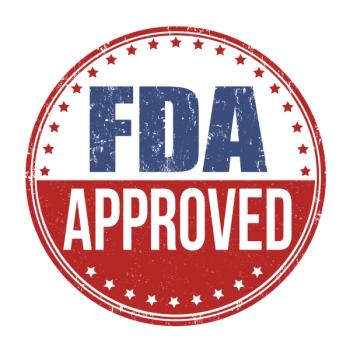
It is the first PD-1 inhibitor to be approved to be used as a monotherapy for the treatment of adult and pediatric patients with relapsed or refractory (R/R) classical Hodgkin lymphoma (cHL).
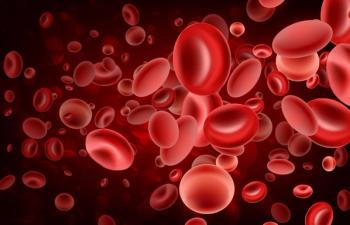
Based on the findings, the researchers are arguing that minimal residual disease (MRD) should be considered as a clinical trial endpoint.

The process of approving a new therapy for relapsing and/or remitting mantle cell lymphoma therapy got off to a faster start in China, but United States regulators caught up and approved the drug first.

A patient with chronic lymphocytic leukemia (CLL) was continued on ibrutinib even after developing severe coronavirus disease 2019 (COVID-19). He successfully overcame the infection.

259 Prospect Plains Rd, Bldg H
Cranbury, NJ 08512
© 2025 MJH Life Sciences®
All rights reserved.
